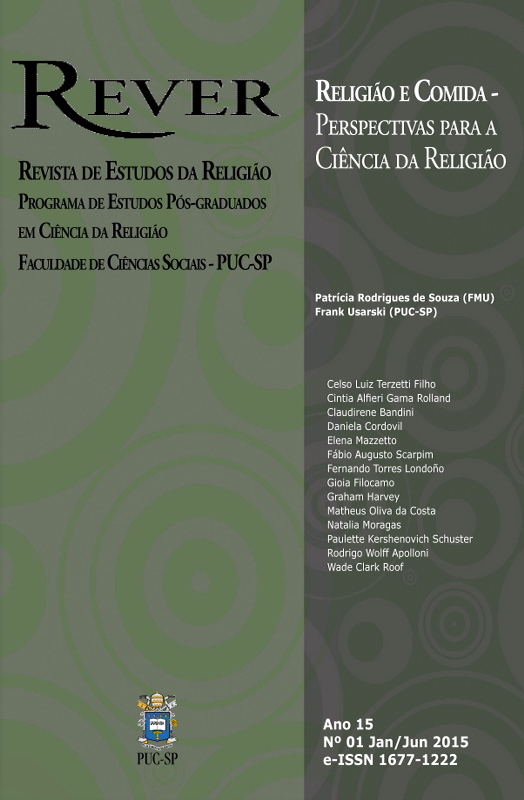Strategic Minimalism through Food and Music in Early Modern Nunneries
Keywords:
Nuns, Seclusion, Modern age, Food, Music, Creative actsAbstract
Food and music were both considered dangerous stimulants for women. During the modern age they could express themselves as ‘artists’ only inside nunneries: Isabella Leonarda – an Ursuline nun from Novara – was the most prolific female composer of the seventeenth century. Moreover, the first book of recipes ever written by a woman comes from an Italian nunnery: Maria Vittoria della Verde, a Dominican nun from Perugia, wrote down 170 recipes from 1583 to 1607. While bishops considered elaborate music and food dangerous for the spiritual well-being of nuns, it is evident that both were used to maintain a lively relationship with the external world. Fasting was the opposite system of affirming themselvesMetrics
Metrics Loading ...
Downloads
Published
2015-06-21
How to Cite
Filocamo, G. (2015). Strategic Minimalism through Food and Music in Early Modern Nunneries. REVER: Journal for the Study of Religion, 15(1), 48–57. Retrieved from https://revistas.pucsp.br/index.php/rever/article/view/23585
Issue
Section
Seção Temática
License

This work is licensed under a Creative Commons Attribution-NonCommercial 4.0 International License.
Authors who publish in this journal agree with the following terms:- Authors retain copyright, but grant the journal the right of first publication, with the work simultaneously licensed under the Creative Commons BY-NC License.
- Authors are authorized to assume additional contracts separately, for non-exclusive distribution of the work published in this journal (e.g., publishing in an institutional repository or as a book chapter), as long as with acknowledgment of authorship and first publication in this journal.


